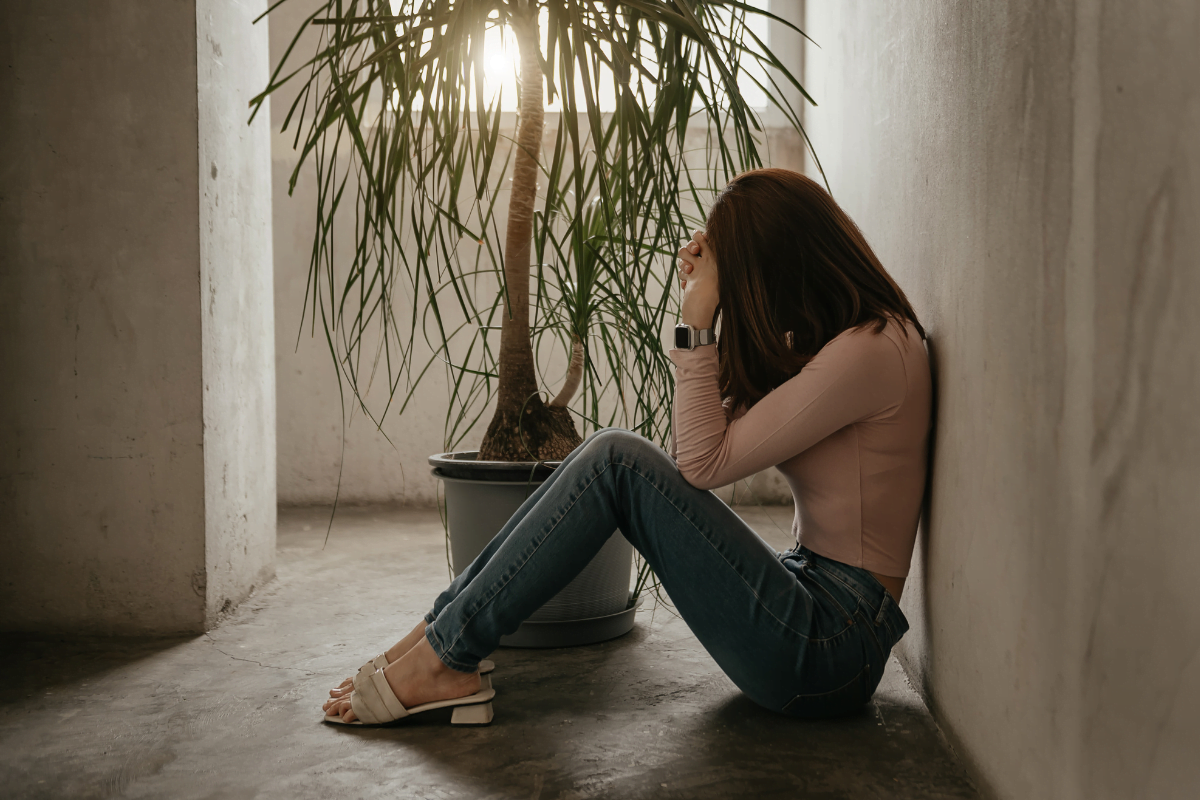Social anxiety disorder (SAD), often misunderstood as mere shyness or being socially awkward, is a condition that goes beyond everyday nervousness. It can lead to intense fear and avoidance of social situations, significantly impacting a person’s quality of life. This article explores the essential aspects of social anxiety disorder, including its symptoms, causes, and treatment options.
What is a social anxiety disorder?
Social anxiety disorder is a persistent and unreasonable fear of being judged, embarrassed, or humiliated in various social situations and interactions. Sometimes, this fear can be very overwhelming that individuals suffering from it may experience crippling anxiety symptoms such as sweating, trembling, rapid heartbeat, and difficulty speaking. These symptoms can occur in different situations, which may include public speaking, meeting new people, or even eating in front of others.
It’s essential to distinguish between normal nervousness and social anxiety disorder. While it’s common for people to feel nervous in certain situations, such as public speaking, social anxiety disorder involves an excessive fear that interferes with daily functioning. Although anxiety is a natural response to the stress brought about by a certain situation, it becomes a disorder when it is disproportionate to the situation and leads to social withdrawal.
Causes and Risk Factors
Social anxiety disorder is believed to be the result of a combination of genetic, environmental, as well as psychological factors. If you have a family history of anxiety disorders, have experienced childhood trauma, and have been put into a negative social experience, there is an increase in developing social anxiety disorder.
Treatment Options
Treatment for social anxiety disorder often involves an array of therapy and medication for social anxiety. More specifically, cognitive-behavioral therapy (CBT) is the most effective treatment in helping individuals identify and challenge negative thought patterns and behaviors. Exposure therapy, a component of CBT, gradually exposes individuals to feared social situations, helping them build confidence and reduce anxiety.
In addition to therapy, social anxiety disorder medication can also play a crucial role. Antidepressants and anti-anxiety drugs, with the availability of selective serotonin reuptake inhibitors (SSRIs), are normally prescribed to help patients manage their symptoms. You must consult your doctor to determine the most effective and tailor-fit treatment plan for your case.
Coping Strategies
Living daily with social anxiety disorder can be more challenging to navigate for most patients than for their peers, but there are ways to cope and improve one’s quality of life. Performing relaxation techniques, such as deep breathing and mindfulness, can help manage anxiety symptoms.
It’s also beneficial to gradually face feared social situations in a controlled manner, building confidence over time. It is important to remember that progress may be slow, and confronting setbacks is a natural part of the recovery process.
In addition, friends and families can also provide comforting words for someone with anxiety as a form of emotional support.
Takeaways
If you are suffering from social anxiety disorder, it is important to recognize that it is a serious mental health disorder affecting millions of individuals worldwide. Hence, understanding its symptoms as well as treatment options is crucial for those struggling with the disorder and their loved ones. If you or someone you know is experiencing crippling anxiety symptoms or social withdrawal, it’s essential to seek professional help. With the right treatment and support, individuals with social anxiety disorder can lead fulfilling lives.
Frequently Asked Questions (FAQs)
Can social anxiety disorder be cured?
Although there is no definitive cure for social anxiety disorder (SAD), many people find relief through therapy, medication, and self-help strategies. The goal of treatment and medication is to lessen the symptoms and improve the patient’s quality of life rather than eliminate anxiety.
Does everyone have anxiety?
No, not everyone experiences anxiety in the same way or to the same extent, but anxiety is a common and natural part of the human experience. Many people feel anxious in response to stress, such as before a big presentation or during a challenging situation. This type of anxiety is usually temporary and manageable. However, for some individuals, anxiety becomes more intense and persistent, evolving into an anxiety disorder.
Why does eye contact make me uncomfortable?
Feeling uncomfortable with eye contact can stem from social anxiety, personal insecurities, or cultural norms. It may also be challenging for those with neurodevelopmental conditions like Autism Spectrum Disorder or result from past negative experiences. For introverted individuals, eye contact can feel draining, especially in social situations.

